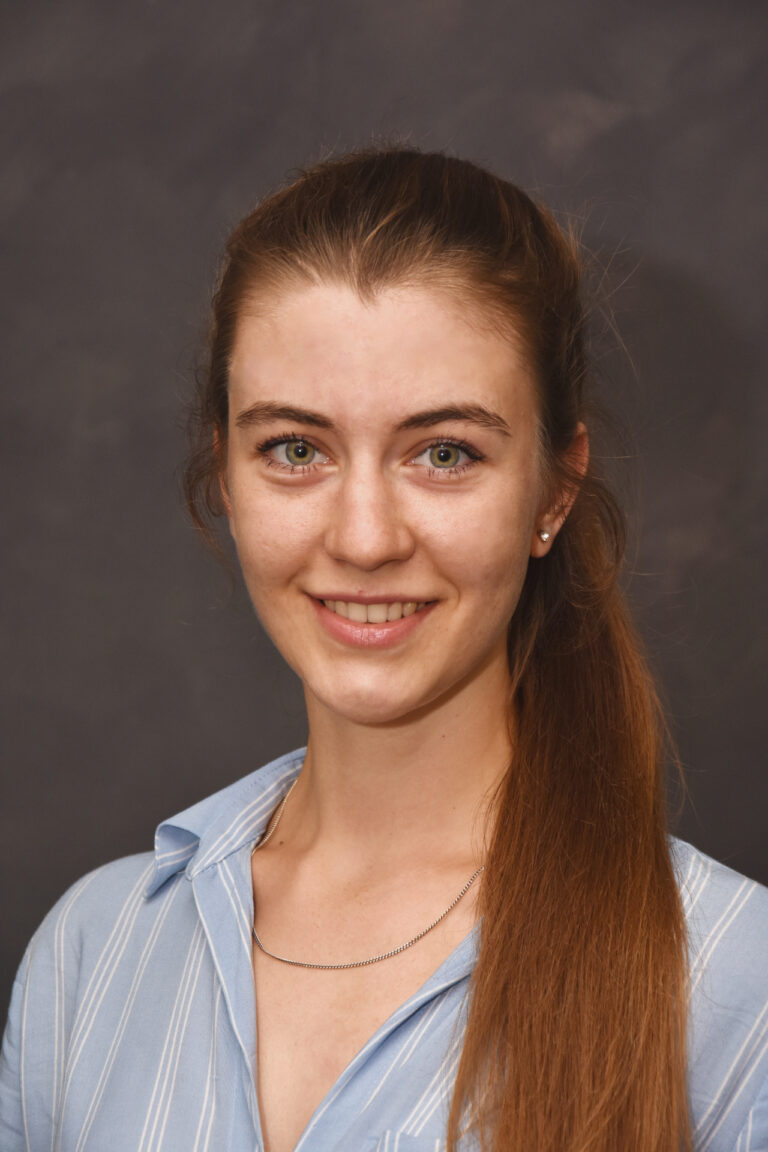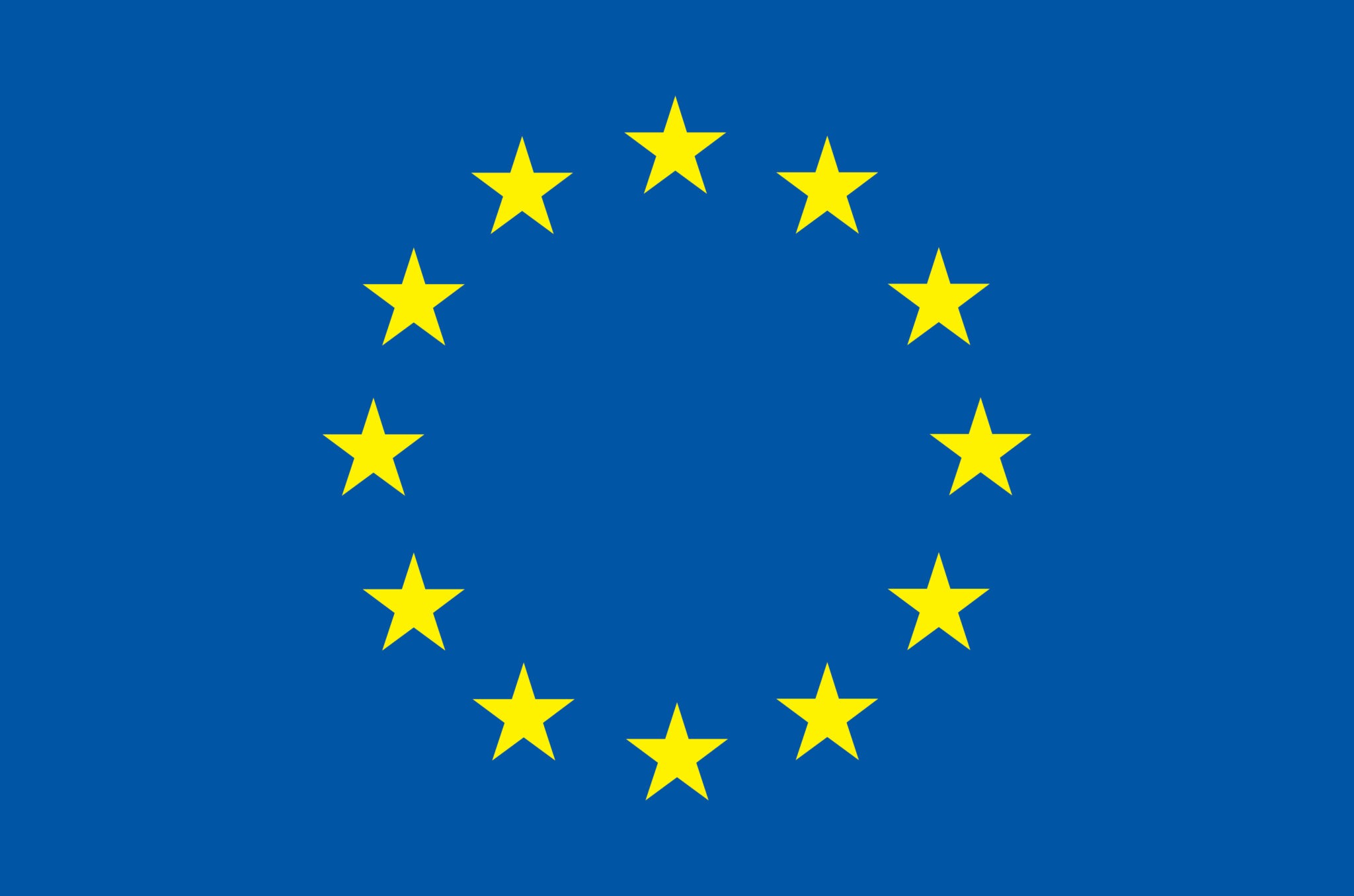Interview with Dorota Sarwinska (ESR 6)
What has your research project focused on?
My research project focused on real life dosing conditions in older adults. The goal was to find out how older adults take their medications in order to assess how these conditions influence dosage forms after oral administration. In my project, I collected the data from German as well as Polish older adults. The data were further used for the evaluation of the impact of real-life fluids on capsule behaviour in vitro as well as in vivo and on gastric emptying.

What are the key results and innovations coming from your research project? How will they impact the future of drug absorption in geriatric patients and older people?
The main results from both questionnaire studies demonstrated that, on average, older adults were using 100-120 mL of non-carbonated water for drug administration, which is less than recommended by regulatory authorities. Another common fluid for drug intake was black tea, which can be a factor that influences the drug release from dosage forms. The main ingredient of the typical breakfast and dinner of older adults in Poland as well as in Germany was bread. This also influences the conditions for drug absorption. The results from further studies demonstrated indeed the influence of black tea on gelatine capsules in vivo, where the capsules’ opening time was significantly extended. HPMC capsules were affected in vitro, however, in vivo capsules stayed unaffected by dosing conditions, which makes them a more robust dosage form. Gastric emptying was also not significantly affected by the temperature or black tea.
It is important to know the real-life ways of taking medications by older adults. The data may be further used for other simulations and studies in vitro and in silico to develop safer and more effective medications for older adults in a patient-centric approach.
What were the surprises and highlights of your road to a PhD?
There were several highlights of my road to a PhD. All of them taught me something new. First highlight was my scientific co-operation with my alma mater, Medical University of Gdansk. This co-operation allowed me to gain data from Poland and also develop my leadership skills. Second, part of my project was laboratory work. In this step, I could learn more about dissolution tools like USP 2 apparatus, GastroDuo and TIM-1 System. The biggest highlight of that time was my industrial placement at AstraZeneca in England, where I learned a lot about the work in the pharmaceutical industry. Last but not least, I was performing a clinical study with 12 young, healthy volunteers, which allowed me to develop as a coordinator. This highlight was very demanding and showed me a different perspective of pharmaceutical sciences, which includes working with human volunteers. As Confucius said the way is the goal, I agree with it and can say that I really enjoyed my way towards a PhD. The interesting way allows me to appreciate my final goal, my PhD, even more.
How did the AGePOP network impact your PhD experience?
Being a part of AGePOP had a crucial impact on my PhD experience. Being part of such a network was a great experience that allowed me to feel more confident in the international and industrial environment. I learned a lot about my research project, but additionally, I did a lot of extra training that will be helpful in the future.
How was your MSCA ITN training different to local PhD programmes? Which training was particularly useful for you?
Within the MSCA ITN programme, I was able to build a wide network with people from academia and, in particular, from the pharmaceutical industry. Additionally, the possibility to visit pharmaceutical companies was invaluable (within AGePOP Weeks as well as within a secondment). Preparing for a PhD at the university is different from preparing for a PhD in industry. I appreciate a lot that I had a chance to be at AstraZeneca for four months and experience the work in the pharmaceutical industry. I cannot choose one training that was the most useful for me during the project. All the training that I received during my PhD was important, and together they form a whole skillset that will help me in my future career.
What are your plans for the future?
I believe that the broad experience that I gained during my PhD project will allow me to further develop in the pharmaceutical field. I am interested especially in patient-centric drug development, and I will be excited to support the development of safe and effective medications for special patient populations.
What message would you like to give other early-stage researchers considering a PhD?
Focus on your goal and plan steps to achieve it. There will always be challenges on the way, but they make your life interesting, and you can learn more. Don’t give up. Try to use every opportunity to learn something new, as all skills may be useful in the future. A PhD is a great time to develop in various fields. Not only hard skills but also soft skills are relevant. The most important is not to forget to enjoy the ride.

